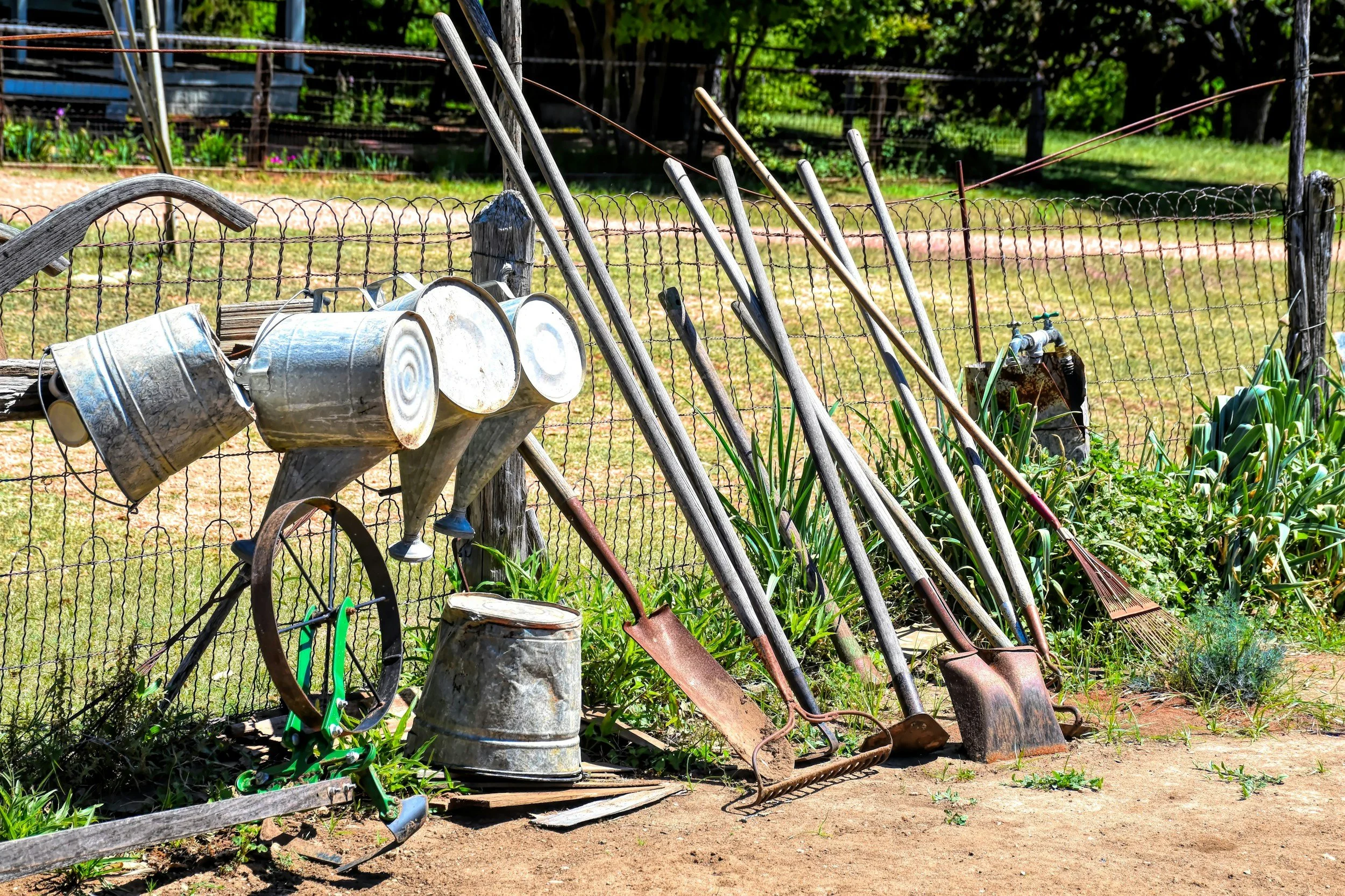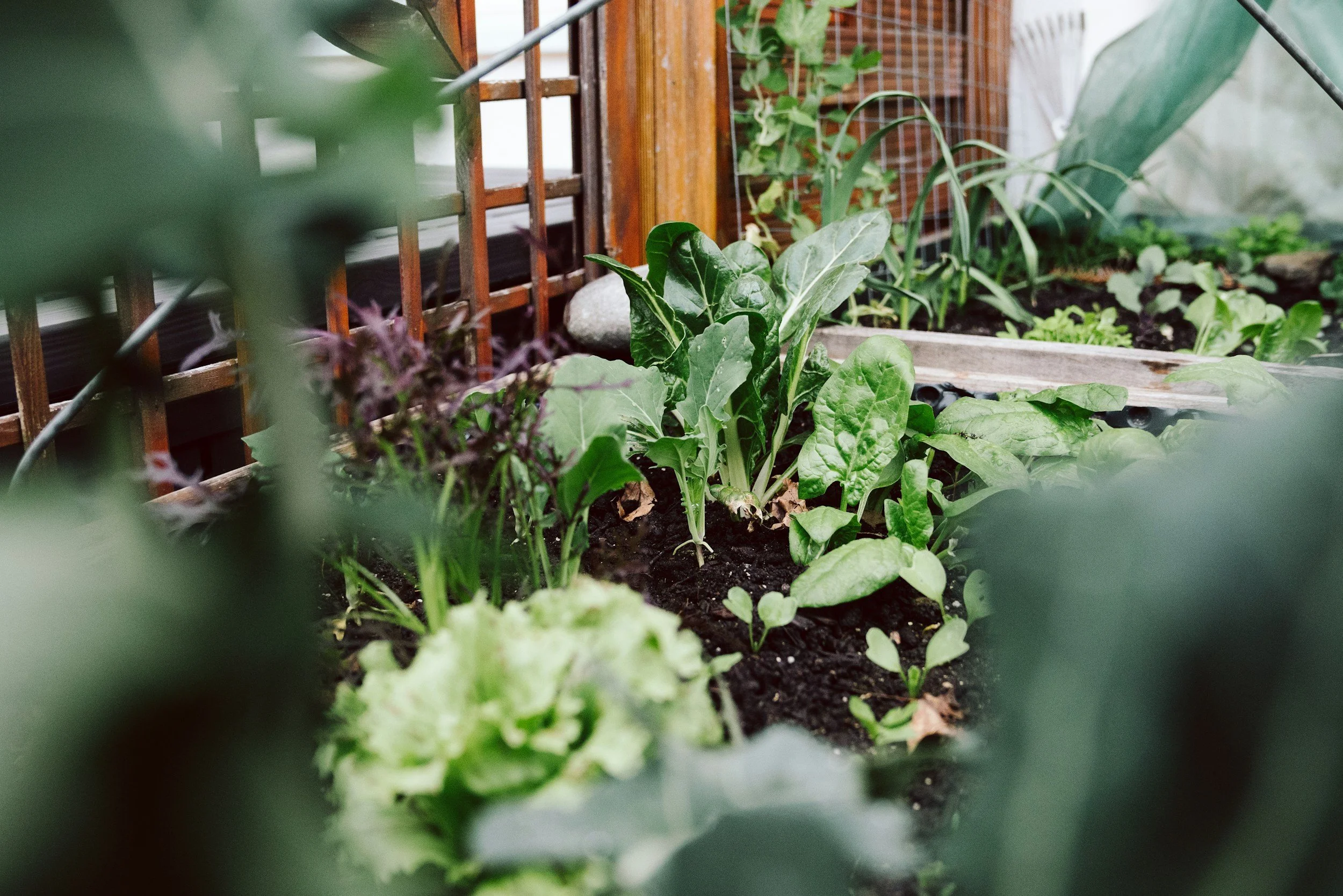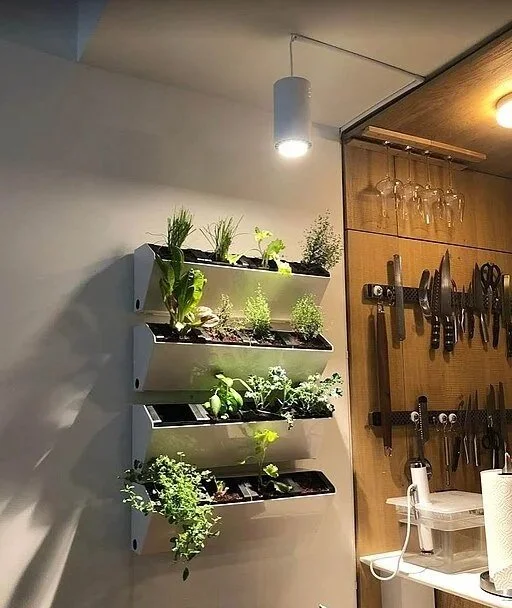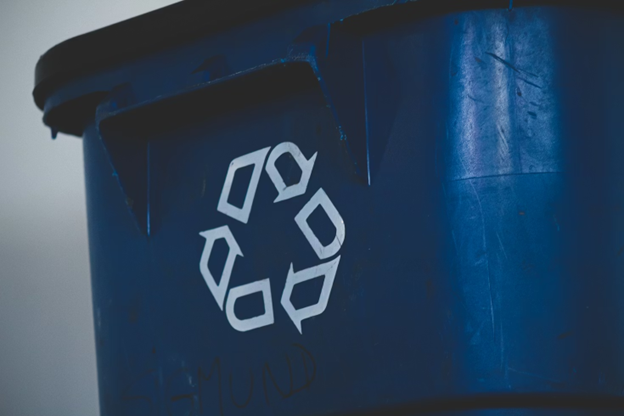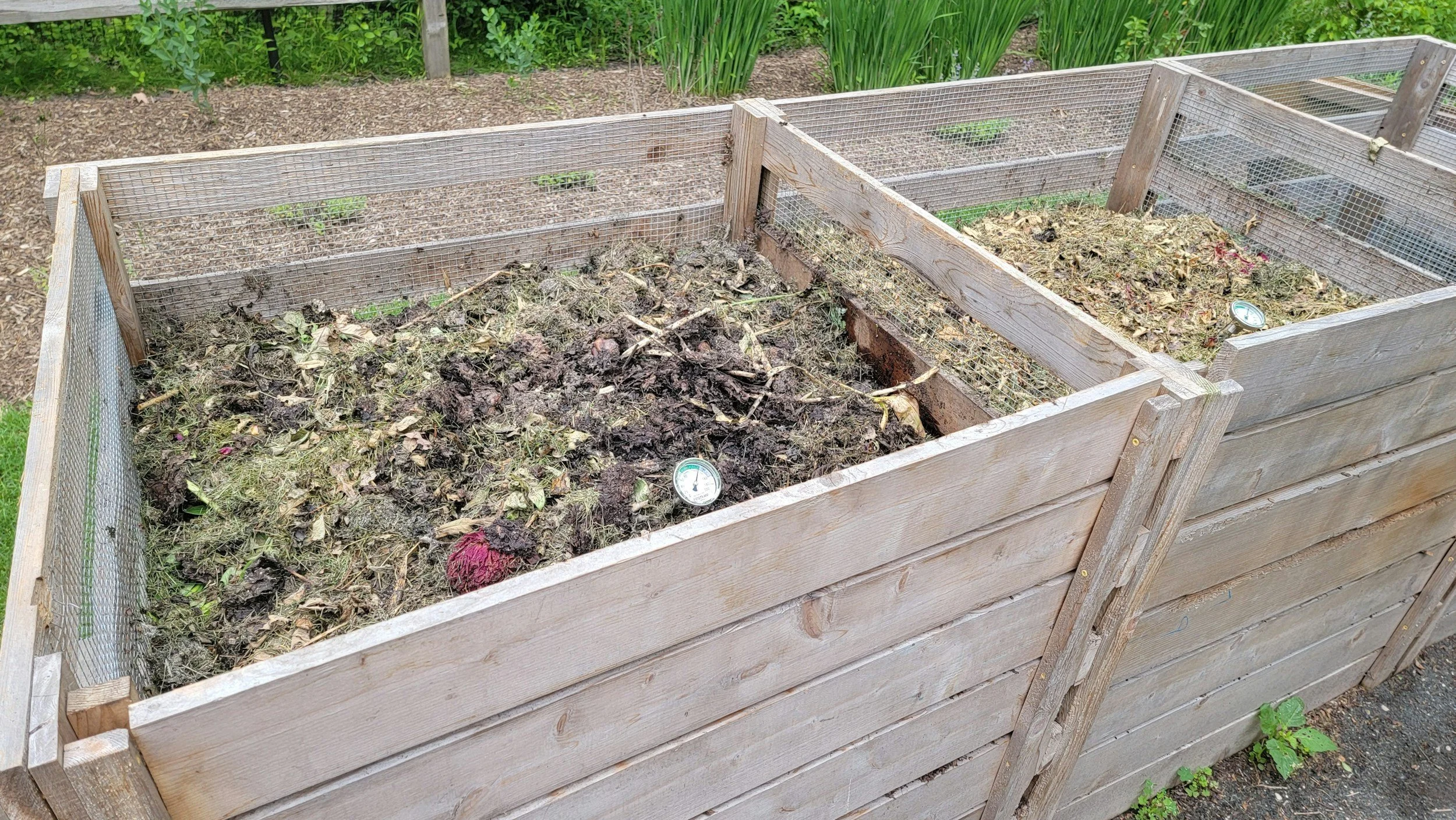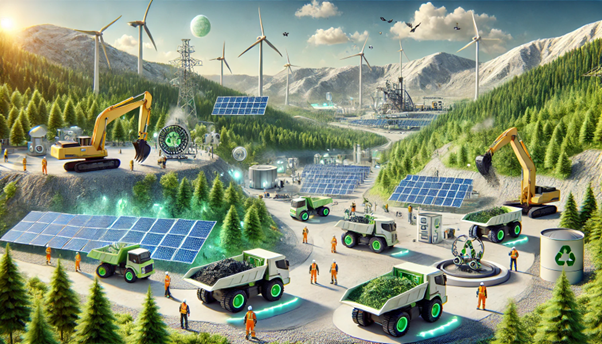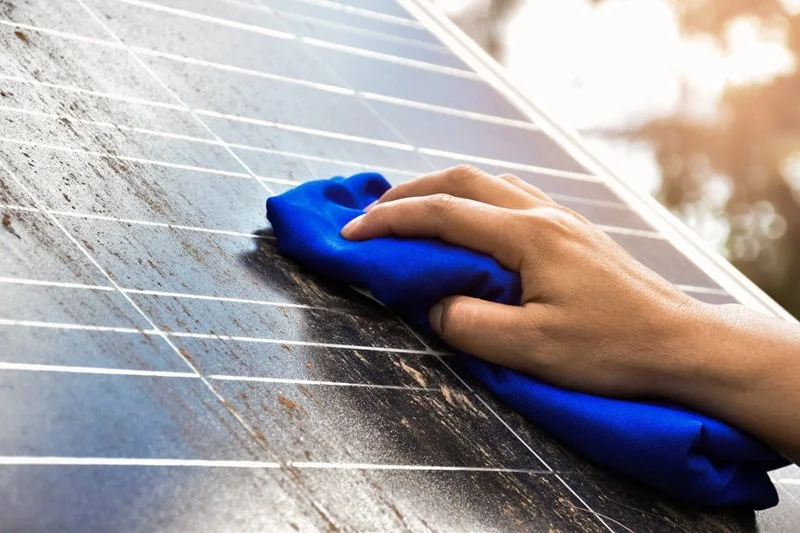How to Save Energy at Home This Winter (Room-by-Room Guide)
/With persistent inflation raising the cost of electricity in the US and winter being the season when rates normally go up, I resolved to keep my energy costs as low as possible this year. Investing in new windows was out, since I needed to purchase a whole new HVAC system to replace my 20-year old one. This meant that I had to spend hours plugging leaks around my home and insulating wherever possible. So far, my energy costs are stable, but the coming months of near-constant below-freezing temperatures will be the real test.
Read More





















